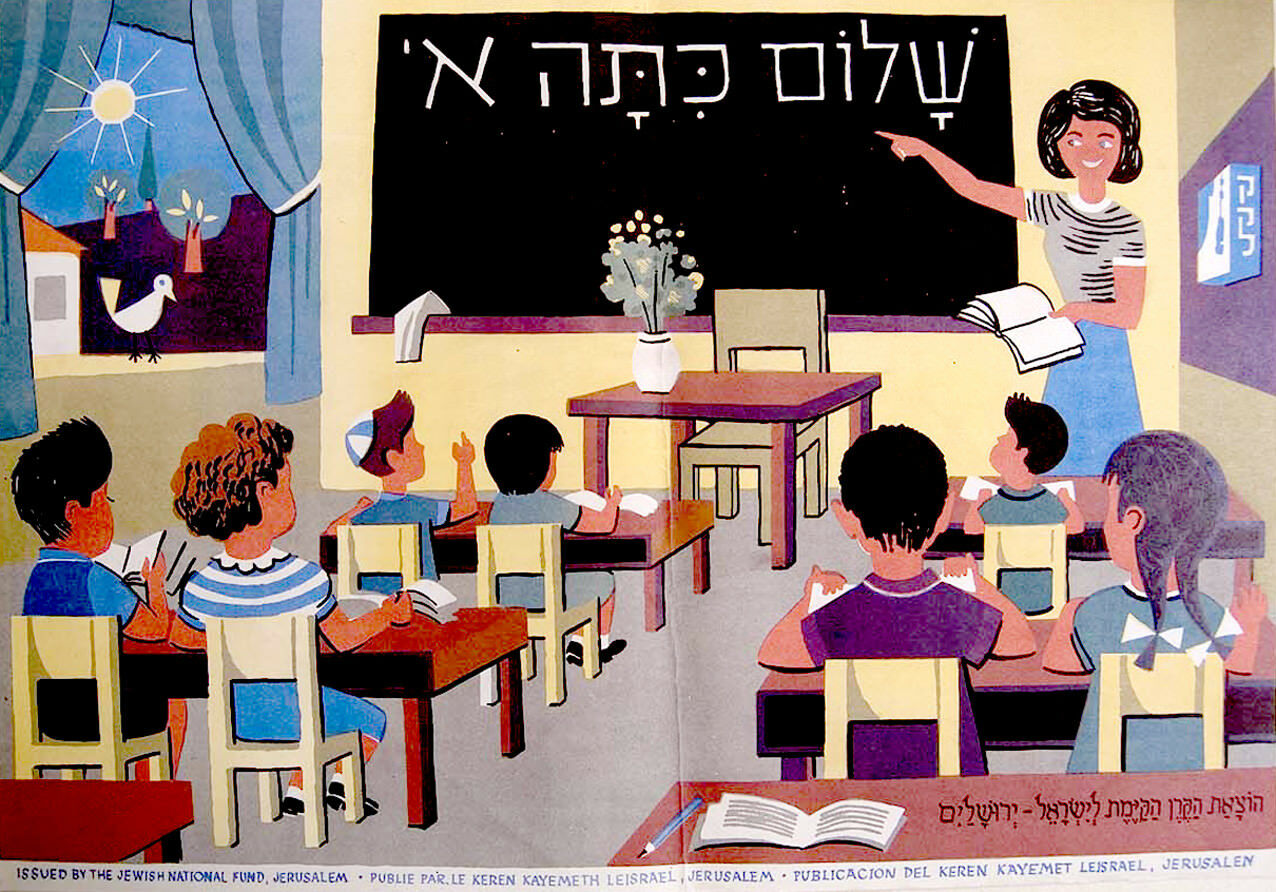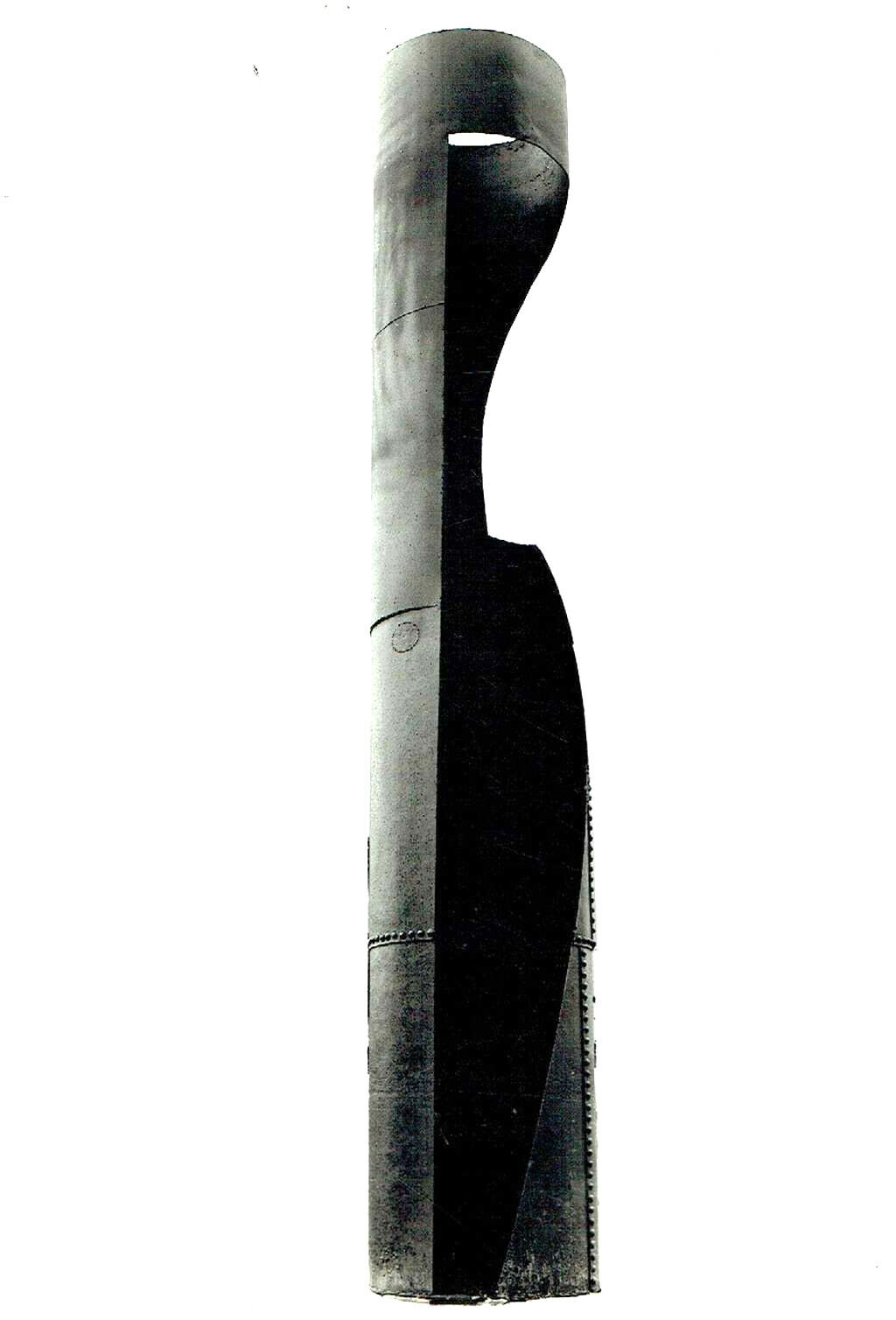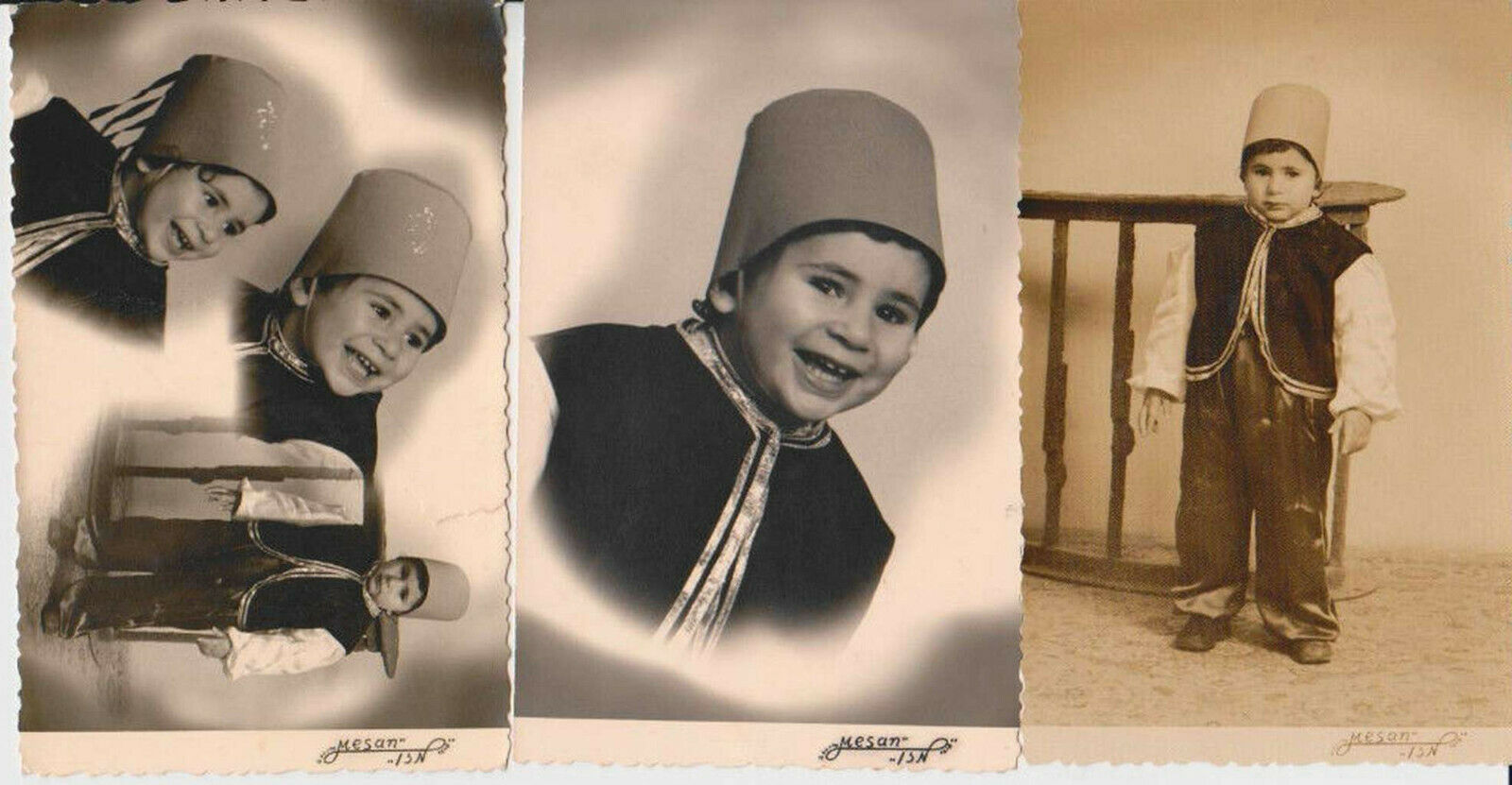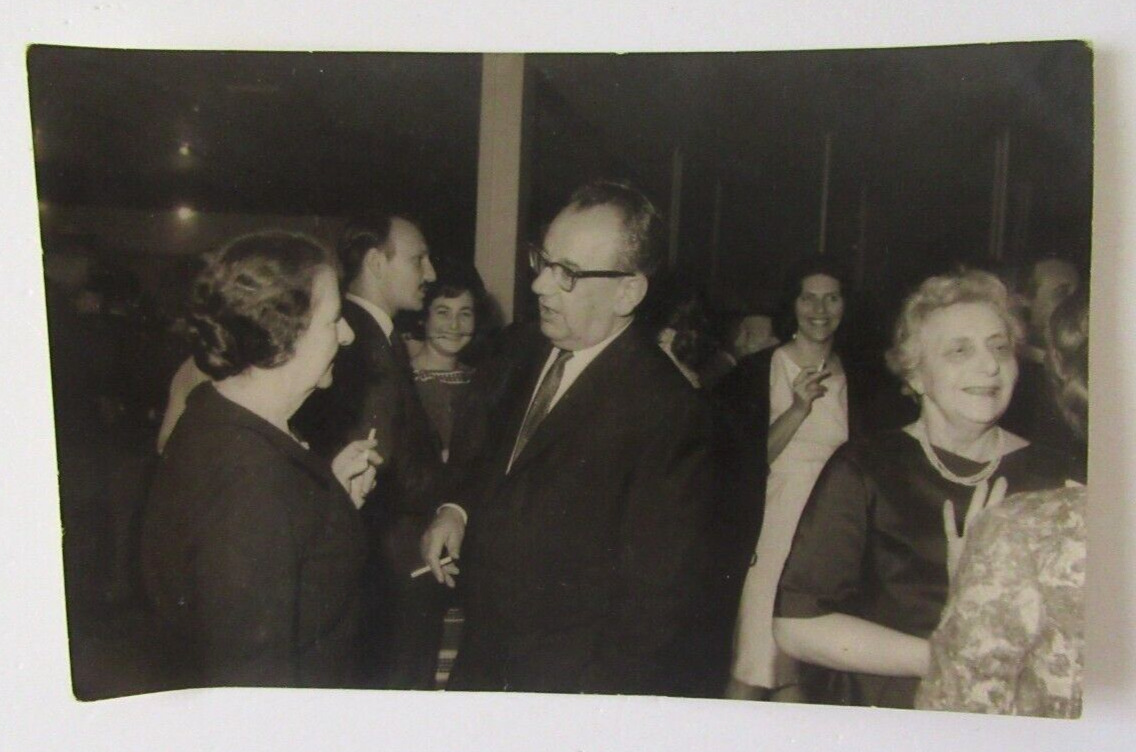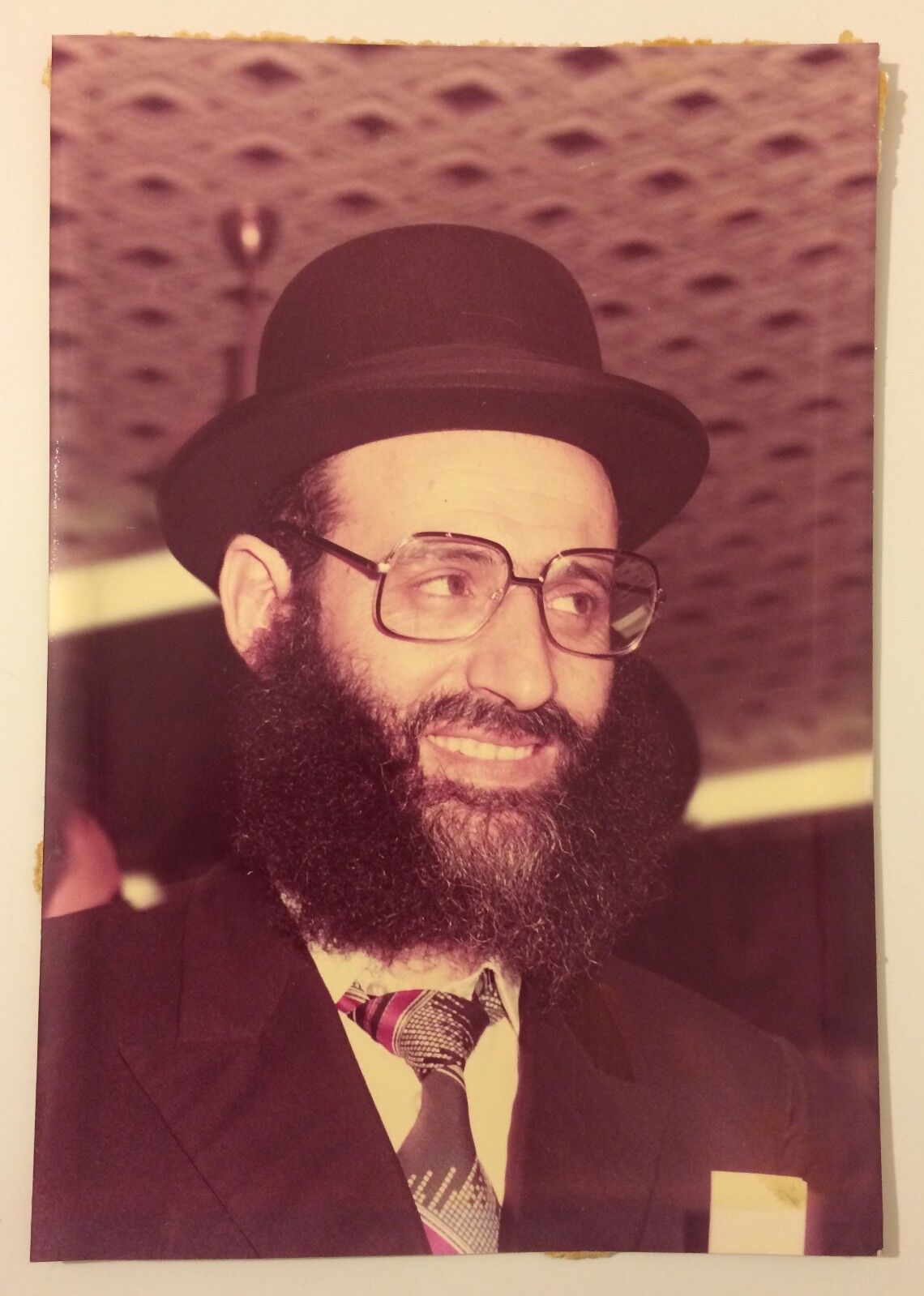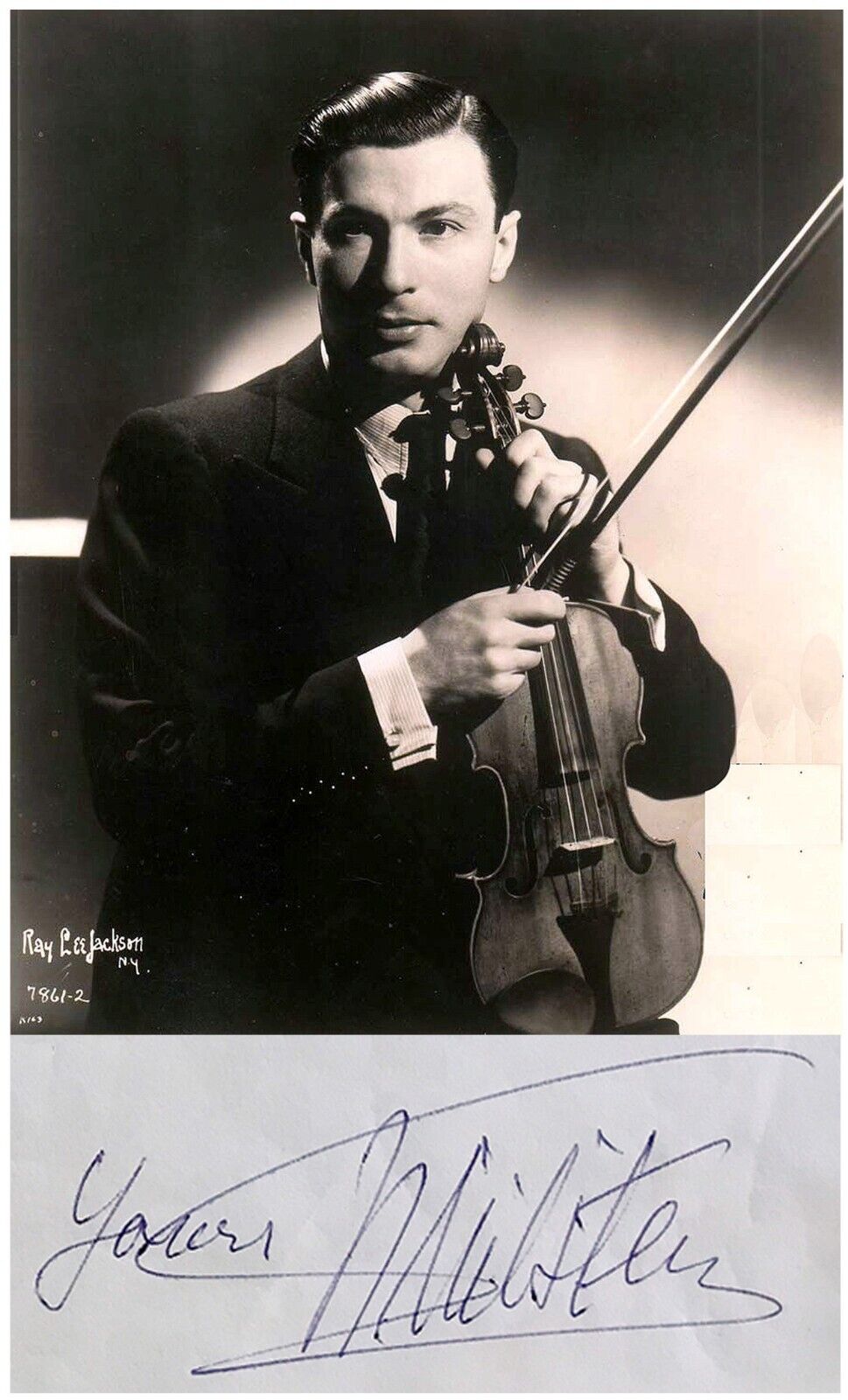-40%
1960 Israel POSTER Children BLUE TIN BOX School JEWISH KKL JNF Judaica HEBREW
$ 36.43
- Description
- Size Guide
Description
DESCRIPTION:
Here for sale is a genuine authentic vintage 50 years old Jewish - Judaica ZIONIST POSTER illustrated in a quite NAIVE STYLE . Lithographic printing , Which was issued by the JNF ( Jewish National Fund ) - KKL ( Keren Kayemet Le'Israel ) in the late 1950's up to the mid 1960's , A decade after the establishment of the STATE of ISRAEL in 1948 and its 1948 WAR for INDEPENDENCE .
The poster depicts a typical israeli CLASSROOM in an Israeli KIBBUTZ or another rural settlement .
The teacher is pointing at the blackboard where the POSTER Hebrew TEXT is written in chalk : " SHALOM KITA ALEF " ( SHALOM To 1st GRADE ). A large KKL BLUE TIN BOX is hanged on the classroom wall.
Both the typical 1950-60's clothes as well as the classroom furnitures , Not to mention the lithographic printing clearly indicate the period
. The Hebrew text is " SHALOM KITA ALEF " . A colorful STONE LITHOGRAPHIC or LITHO-OFFSET Printing . The poster SIZE is around 13" x 19" . Printed on thin stock. Very good condition.
used. One central fold .
( Please look at scan for actual AS IS images )
Poster will be sent rolled in a special protective rigid sealed tube.
AUTHENTICITY
:
The poster comes from a KKL- JNF old wharehouse and is fully guaranteed ORIGINAL from the 1950's , It is NOT a reproduction or a recently made reprint or an immitation , It holds a life long GUARANTEE for its AUTHENTICITY and ORIGINALITY.
PAYMENTS
:
Payment method accepted : Paypal .
SHIPPING
:
Shipp worldwide via registered airmail is $ 25 . Poster will be sent rolled in a special protective rigid sealed tube.
Handling around 5 days after payment.
The Blue Box
For dozens of years, the Blue Box served as a fund raiser in every Diaspora home and every Jewish institution in Israel and abroad: A cherished, popular means to realize the Zionist vision of establishing a state for the Jewish people.
Keren Kayemeth LeIsrael (KKL) was established on December 29, 1901 (9 Tevet 5562) at the Fifth Zionist Congress in Basel. To raise funds for it, Haim Kleinman, a bank clerk from Nadvorna, Galicia, soon placed a box in his office and sent off a letter to Die Welt, the Zionist newspaper in Vienna, notifying it accordingly: "In keeping with the saying, 'bit and bitty fill the kitty' and following the Congress resolution on KKL's founding, I put together an 'Erez Israel box', stuck the words 'National Fund' on it and placed it in a prominent spot in my office. The results, given the extent of the experiment so far, have been astonishing. I suggest that like-minded people, and particularly all Zionist officials, collect contributions to KKL in this way."
The Blue Box: More Than a Fundraising Device The funds raised through the Blue Box (the "pushke," as it was widely known) were an instrument to redeeming the land in Eretz Israel on which the Jewish home was to arise. But the Blue Box was more than just a fundraising device. From the beginning, it was an important educational vehicle spreading the Zionist word and forging the bond between the Jewish People and their ancient homeland. The Blue Box has changed form many times over the years, and often wasn't even blue. It is a symbol. A symbol of KKL-JNF and its efforts to develop the land of Israel, plant forests, create parks, prepare soil for agriculture and settlement, carve out new roads and build water reservoirs – A symbol of connectedness with the land. For many people, KKL-JNF's Blue Box is inseparable from their childhood memories. Blue Boxes were placed in every classroom, into which every Friday small coins were dropped. For several decades the Blue Box raised funds for environmental goals, though over time its status whittled away until it disappeared from the Israeli scene. The Blue Box was reinstated after the Second Lebanon War. Giant Blue Boxes designed by the finest Israeli artists were exhibited on Tel Aviv's Rothschild Boulevard where the public was invited to contribute to rehabilitating Israel's northern forests which had been destroyed in the war. Isrotel Hotels also took part in the effort with a large donation and awarded a tree planting certificate to every guest in each of its hotels. The blue charity collection boxes have been distributed by the JNF almost from its beginning. Once found in many Jewish homes, the boxes became one of the most familiar symbols of Zionism. A children's song about the boxes, written by Dr. Yehoshua Frizman, Headmaster of the Real Gymnasium for Girls in Kovno, ran
The box was invented when a bank clerk named Haim Kleinman in Nadvorna, Galicia placed a blue box labeled "Keren Le'umit" in his office, and suggested that similar boxes be distributed by the Fund. The first mass-produced boxes were distributed in 1904. Kleinman visited Mandate Palestine in the 1930s and planned to make aliyah, but perished in the Holocaust. Menahem Ussishkin wrote that "The coin the child contributes or collects for the redemption of the land is not important in itself; it is not the child that gives to the Keren Kayemeth, but rather the Fund that gives to the child, a foothold and lofty ideal for all the days of his life."The boxes could take a variety of shapes and sizes. Some were paper made to fold flat like envelopes and able to contain only a small number of coins, some early American boxes were cylindrical, some German boxes were made of tin stamped into the shape of bound books. Israel issued postage stamps bearing the image of the blue box in 1983, 1991, and 1993 for the JNF's 90th anniversary
The Jewish National Fund (Hebrew:
קרן קימת לישראל
,
Keren Kayemet LeYisrael
) (abbreviated as JNF, and sometimes KKL) was founded in 1901 to buy and develop land in Ottoman Palestine (later British Mandate for Palestine, and subsequently Israel and the Palestinian territories) for Jewish settlement. The JNF is a quasi-governmental, non-profit organization. By 2007, it owned 13% of the total land in Israel.Since its inception, the JNF has planted over 240 million trees in Israel. It has also built 180 dams and reservoirs, developed 250,000 acres (1,000 km
2
) of land and established more than 1,000 parks.
Israel officially the State of Israel (Hebrew:
מְדִינַת יִשְׂרָאֵל
,
Medīnat Yisrā'el
, Arabic:
دولة إِسرائيل
is a parliamentary democracy in the Middle East, on the south-eastern shore of the Mediterranean Sea. It borders Lebanon in the north, Syria in the northeast, Jordan and the West Bank in the east, Egypt and the Gaza Strip on the southwest, and the Gulf of Aqaba in the Red Sea to the south, and it contains geographically diverse features within its relatively small area. In its Basic Laws Israel defines itself as a Jewish and Democratic State; it is the world's only Jewish-majority state.On 29 November 1947, the United Nations General Assembly recommended the adoption and implementation of the partition plan of Mandatory Palestine. On 14 May 1948, David Ben-Gurion, the Executive Head of the World Zionist Organization and president of the Jewish Agency for Palestine, declared "the establishment of a Jewish state in Eretz Israel, to be known as the State of Israel," a state independent upon the termination of the British Mandate for Palestine, 15 May 1948.Neighboring Arab armies invaded Palestine on the next day and fought the Israeli forces. Israel has since fought several wars with neighboring Arab states, in the course of which it has occupied the West Bank, Sinai Peninsula (between 1967 and 1982), Gaza Strip and the Golan Heights. It annexed portions of these territories, including East Jerusalem, but the border with the West Bank is disputed. Israel has signed peace treaties with Egypt and Jordan, but efforts to resolve the Israeli–Palestinian conflict have so far not resulted in peace. Israel's financial center is Tel Aviv, while Jerusalem is the country's most populous city and its capital (although not recognized internationally as such). The population of Israel, as defined by the Israel Central Bureau of Statistics, was estimated in 2013 to be 8,002,300 people, of whom 6,030,100 are Jewish. Arabs form the country's second-largest ethnic group with 1,653,900 people (including Druze and Bedouins). The great majority of Israeli Arabs are settled-Muslims, with smaller but significant numbers of semi-settled Negev Bedouins and Christians. Other minorities include various ethnic and ethno-religious denominations such as Druze, Maronites, Samaritans, Black Hebrew Israelites, Armenians, Circassians and others. Israel is a representative democracy with a parliamentary system, proportional representation and universal suffrage. The Prime Minister serves as head of government and the Knesset serves as Israel's unicameral legislative body. Israel has one of the highest life expectancies in the world. It is a developed country, an OECD member, and its economy, based on the nominal gross domestic product, was the 43rd-largest in the world in 2012. Israel has the highest standard of living in the Middle East and the third highest in Asia
. ebay714
